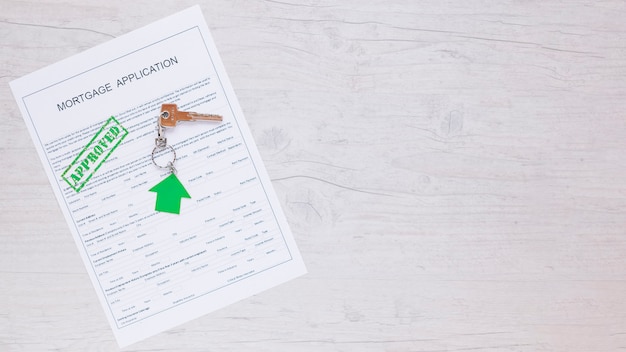
Foreclosure is a word nobody wants to hear because it usually means facing unexpected challenges. Homeowners generally strive to keep up with their mortgage payments, dreaming of the day they fully own their home. However, life can be unpredictable. Medical bills or losing a job suddenly can throw a wrench into the best-laid plans.
Even the most careful borrower, with a solid emergency fund, might end up in financial trouble. Missing a payment or even just fearing you might can be very stressful, with the threat of foreclosure looming.
So, what can you do when things go sideways? Take a deep breath and follow these steps to prevent foreclosure:
Talk to Your Mortgage Lender:
Banks and lenders don’t want foreclosures. They prefer you keep paying your mortgage and the interest. If you’ve been good with payments so far, your lender might be willing to work with you to keep things on track. But it’s important to reach out to them early, before your debt piles up. The sooner you discuss your concerns, the more they might be able to help.
Reevaluate Your Budget:
If foreclosure is a concern, tackling your financial situation should be your priority. Look over your budget again. See where you’re spending too much and find ways to cut back. Reducing expenses might help prevent missing a payment. If you’ve already missed one, make changes to ensure it doesn’t happen again.
Create a Repayment Plan:
If your financial problem is temporary, like a minor medical bill or car repair, talk to your lender about a short-term repayment plan. They’re more likely to agree if you have a good payment history. This could involve paying off the overdue amount over a set period, helping you get back on track.
Explore Loan Modification:
Sometimes, the original mortgage terms become too hard to keep up with. In this case, ask your lender about modifying the loan. You might be able to adjust the payment amount, interest rate, or loan duration to something more manageable. Check if you qualify for government programs like the Home Affordable Modification Program, which is designed for struggling homeowners.
Consider Forbearance:
If catching up on missed payments or changing your payment terms isn’t doable, forbearance could be an option. This means temporarily reducing or pausing your monthly payments. After the forbearance period ends, you’ll need to pay back the amount owed, but lenders usually offer various options to make this manageable.
Refinance Your Mortgage:
Refinancing means starting a new mortgage with different terms. This can lower your monthly payments and interest rate, improving your financial situation. It’s a good option if you have a solid payment history, an adjustable-rate or high-interest mortgage, and significant home equity. Start by talking to your current lender, but don’t hesitate to explore other offers.
Facing foreclosure is tough, but remember that even the smartest financial planners can encounter unexpected difficulties. Missed payments don’t have to mean losing your home. There are several options to help you stay on track, depending on your situation. The key is to find the right solution for you before it’s too late.